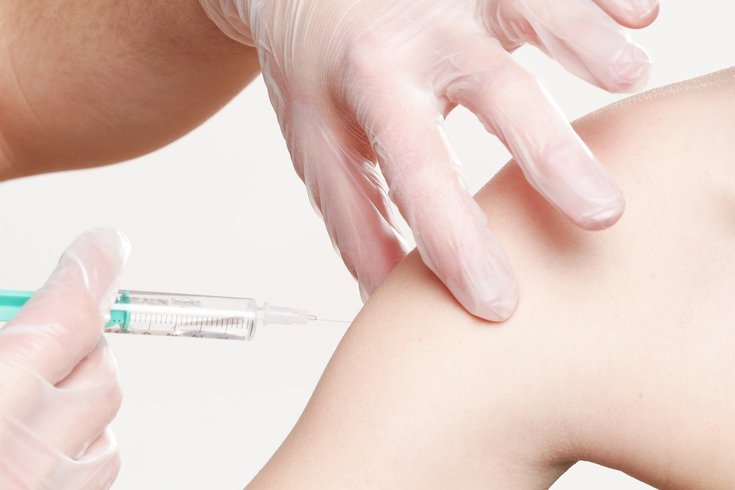
July 27, 2020
 Angelo Esslinger/Pixabay
Angelo Esslinger/Pixabay
Getting vaccinated against influenza and pneumonia may reduce the risk of developing Alzheimer's disease, according to two new studies.
The influenza and pneumonia vaccines may provide more health benefits than simply preventing illness.
The shots also may offer a protective effect against Alzheimer's disease, according to research presented Monday at the 2020 Alzheimer's Association International Conference.
Getting at least one flu shot was associated with a 17% reduction in Alzheimer's incidence, according to a study of 9,000 U.S. patients older than age 60. More frequent flu vaccination offered another 13% reduction.
A separate study found that seniors ages 65-75 who got vaccinated against pneumonia reduced their Alzheimer's risk by up to 40%. The exact amount of risk reduction appeared to depend on genetic factors, researchers said.
Infections can cause a cascade of inflammation that triggers cognitive decline related to Alzheimer's disease, a common type of dementia without a known cure.
So by vaccinating against influenza and pneumonia, people not only receive protection against illnesses, but also may lower their risk of Alzheimer's, experts said.
"With the COVID-19 pandemic, vaccines are at the forefront of public health discussion," Alzheimer's Association Chief Science Officer Maria C. Carrillo said. "It is important to explore their benefit in not only protecting against viral or bacterial infection, but also improving long-term health outcomes.
"It may turn out to be as simple as if you're taking care of your health in this way – getting vaccinated – you're also taking care of yourself in other ways, and these things add up to lower risk of Alzheimer's and other dementias."
Other studies have suggested that vaccinations, in general, offer a protective effect against cognitive decline, but there had been little research on the flu and pneumonia vaccines specifically.
Research presented at the conference shows that seniors who consistently received an annual flu shot had a lower risk of Alzheimer's. Patients ages 75-84 who got an annual flu shot had a 6% reduced risk of Alzheimer's over 16 years.
Plus, the flu vaccine appeared to offer the strongest protection to those who began receiving their flu shots at an earlier age.
"Our study suggests that regular use of a very accessible and relatively cheap intervention – the flu shot – may significantly reduce risk of Alzheimer's dementia," said researcher Albert Amran, a medical student at The University of Texas Health Science Center in Houston. "More research is needed to explore the biological mechanism for this effect – why and how it works in the body – which is important as we explore effective preventive therapies for Alzheimer's."
Svetlana Ukraintseva, a researcher at Duke University's Social Science Research Institute, presented a study that examined how pneumococcal vaccination affected Alzheimer's risk.
The analysis of 5,146 participants age 65 and older found the pneumococcal vaccine cut their overall Alzheimer's risk by 25-30%. The biggest reduction was observed in people who didn't carry a specific gene believed to increase Alzheimer's risk. Their risk fell by as much as 40%.
This study found the combination of the pneumococcal and flu vaccines to offer protection, but the flu vaccine alone didn't.
"This research, while early, calls for further studies in large, diverse clinical trials to inform whether vaccinations as a public health strategy decrease our risk for developing dementia as we age," Carrillo said.
A third study found that people with dementia are more likely to die from a viral or bacterial infection.
According to the Danish researchers, people with dementia who are hospitalized with an infection are 6.5 times more likely to die than those who never had dementia or an infection. The increased mortality rate appeared to continue for 10 years after the infection.